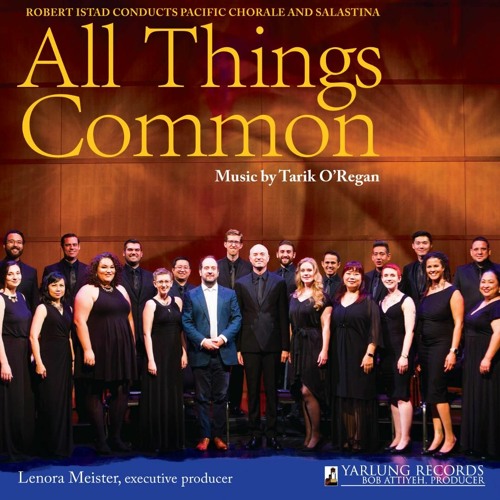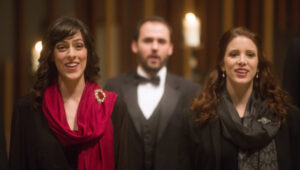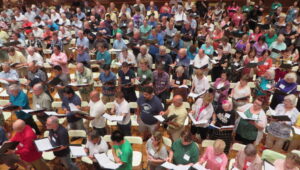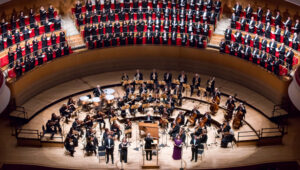
Everybody, musical or not, whether or notthey attend classical music concerts in Orange County or elsewhere, understands that the majority of orchestras, and other varying ensembles, feature a conductor at the helm. But, do you understand what such conductors actually do and how much they are capable of affecting the music?
Basically, the conductor is the individual who ensures that a choral, an ensemble, or an instrumental starts and finishes simultaneously, and plays together. On a more complex level, the conductor is the one who puts his own stamp on an ensemble.
Over time
Through several years, conductors are able to mold musicians to attain the balance and sound they desire, and in rehearsals, stream the tiniest details to make sure that they attain their desired interpretation of any symphony. The foremost conductors inspire great confidence in their musicians, getting the possible best out of them, both in rehearsal and concert, while some prefer breaking characters down to have them built up again. Any conductor who adopts the second approach presently, nevertheless, could find HR knocking on his door. Lots of principal conductors are involved in all aspects of the life of an orchestra, from fundraising to auditions – in some countries, it’s anticipated that geniuses will wine and dine with wealthy patrons on a consistent basis which, can be quite exhausting.
When did they begin to appear?
Relatively, the notion of conductors is rather new – they only began appearing regularly in front of performers in classic concerts and orchestras from the 19th century forwards. Previously, concertos, symphonies, and so on were directed by either the leader/concertmaster or the soloist. But as composers began to write music that was more demanding, with more complicated instrumentation, frequent tempo alterations, and thicker contrapuntal textures, the need for one individual to assume control of it all arose.
With time
As time passed, the conductor turned into the person that took all the glory – as well as the cash – while every other person around him continued to undertake donkey work. Thus, it isn’t surprising that some conductors are rather demanding. The great conductor of the 20th century, Herbert von Karajan relished the limelight and was some kind of control freak. Arturo Toscanini the Italian, was also a formidable firebrand. In his younger days, Sir Colin Davies was too, even though he grew to become a much more kindhearted figure during his old age. Thankfully, the majority of modern day conductors are individuals who prefer to lead by example and inspire their performers. This is among the key reasons why the majority of modern ensembles function and perform as a team or one family.
In conclusion, several conductors, nevertheless, assume a variety of posts – principal guest here, guest conductor there, and so on. Is there any risk that several of them cannot spend sufficient time to get to know their ensemble sufficiently well to put their individual stamp on them? Maybe. But as musicians might be unable to travel much post-pandemic and must thus produce music locally, even if that happens to be any of the foremost classical music concerts Orange County or anywhere else, the world might see a return to when orchestras featured powerful individual characters – which only conductors are able to produce.









